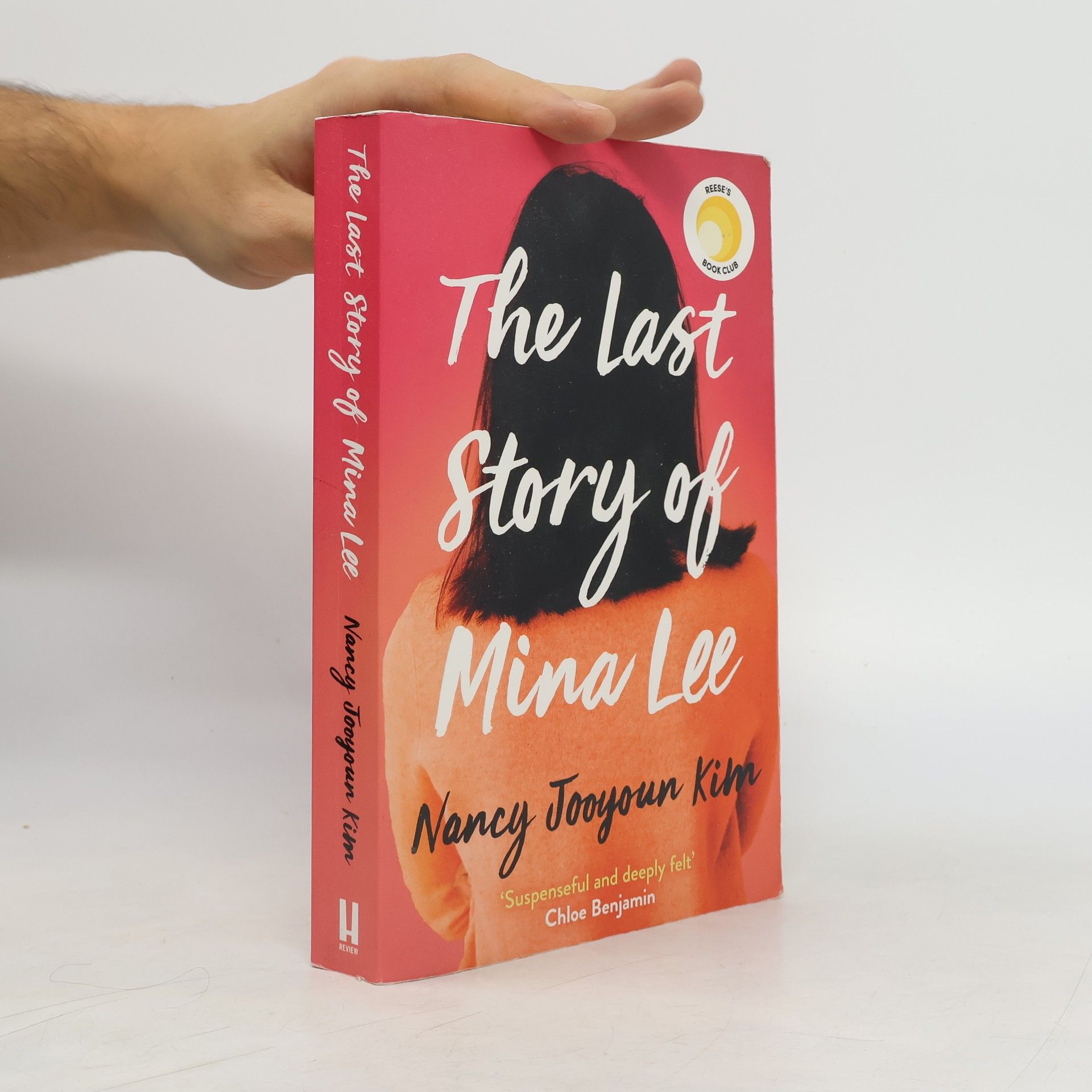A novel of explosive family secrets, regret, and all the little decisions that shape our lives and make us who we are. At the age of thirty-nine, Alice Chang suddenly finds herself living in the last place she her mother’s house. But in the face of divorce, eviction, and the recent death of her father, she doesn’t have a choice. Watching as her mother thrives in a new job and meets younger men at the local gym, Alice struggles, reflecting on her parents’ marriage, her relationship with each of them, as she adjusts to being single again for the first time in twenty years. Then she finds her father’s old journal…and uncovers a shocking family secret that forces her to question everything she thought she knew about love, regret, family, and her own path forward. As Alice comes to terms with the man her father really was, she must finally decide who she wants to be and what it will take to get there.
Nancy S. Kim Libros




The Last Story of Mina Lee
- 384 páginas
- 14 horas de lectura
A searing mother-daughter story exploring the diverse and unsettling realities of being an immigrant in America.
The New York Times bestselling author of the Reese’s Book Club pick returns with a compelling novel about a family's quest for answers after their mother's disappearance. In 1999, the Kim family is struggling to cope with the absence of Sunny, who vanished a year earlier. John Kim, 61, feels increasingly distant from his grown children, Anastasia and Ronald. Their fragile existence is shattered when John discovers a stranger's body in their backyard, along with a letter addressed to Sunny, raising unsettling questions about the stranger's past and any links to their mother. Flashback to 1977: Sunny, pregnant and newly arrived in Los Angeles from Korea, feels isolated in a foreign land, exacerbated by her husband's emotional distance. Her loneliness is interrupted by a chance encounter at a bus stop, leading to a connection that reverberates through the years and impacts the family's present. As they delve into long-buried secrets, the Kims confront truths that challenge their understanding of Sunny and jeopardize their lives. This gripping tale blends suspense with poignant family dynamics, examining the repercussions of secrets between parents and children, and spouses. It tells the story of a family's search for belonging amid loss, while offering a profound reflection on identity, migration, and the essence of dreams in America.
Why do we believe in the views of a political party or leader? How can we better understand vaccine hesitancy or denial of climate change science? What drives extremist or conspiracist beliefs?This vital and timely new text provides a compelling survey of the science behind how people form beliefs and evaluate those of others, and why it is that beliefs are often so resistant to change in the face of conflicting evidence.Bringing together theories and empirical evidence from cognitive, developmental, and social psychology, Nancy S. Kim presents an engaging overview of the field and its implications for a wide range of beliefs – from moral, political, religious, and superstitious beliefs to beliefs about ourselves and our own potential. The intriguing studies discussed demonstrate how many psychological factors contribute to belief, including memory, reasoning, judgment, emotion, personality, social cognition, and cognitive development.With thoughtful questions and a range of cross-cultural case studies, this is an ideal overview for students of psychology and all readers interested in the psychology of belief.